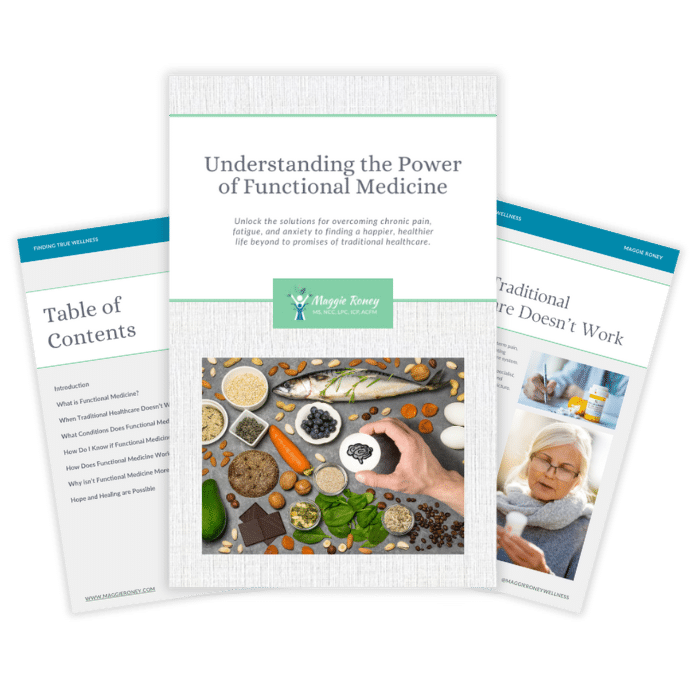Allergies are a common problem that affects millions of people worldwide. They can cause a range of symptoms, from mild irritation to severe breathing difficulties, and can significantly impact quality of life. While over-the-counter medications can provide relief, many people prefer to try natural remedies first. In this article, we will explore some of the most effective home remedies for allergies, backed by science.
Understanding Allergies
Before we delve into the remedies, it’s essential to understand what causes allergies. Allergies occur when your immune system overreacts to a foreign substance, such as pollen, dust, or pet dander. The immune system produces antibodies that trigger the release of histamine, which causes the body to reaction with sneezing, runny notes, itchy eyes, etc.
The Role Histamine Plays in Our Allergies
Histamine is a chemical that is produced by the body’s immune system in response to an allergen or foreign substance. As stated before, it plays a crucial role in triggering the inflammatory response that causes the symptoms of allergies.
Histamine is stored in special cells called mast cells and is released into the bloodstream when the immune system detects an allergen. Once released, it binds to histamine receptors in various parts of the body, causing blood vessels to dilate, leading to inflammation and increased mucus production. Understanding how histamine works is essential in managing and treating allergies effectively.
The Pros and Cons of Over the Counter (OTC) Medicines
While over-the-counter (OTC) medications may seem like a quick fix, they are not always the best option for managing allergies.
Provide Temporary Relief
Firstly, OTC medications are not recommended to fight allergies because they only provide temporary relief and do not address the root cause of the allergy. They simply mask the symptoms, making the individual feel better temporarily, but not addressing the root of the problem.
Side Effects
Over the counter medications can also cause side effects, such as drowsiness, dizziness, and dry mouth. These side effects can interfere with daily activities, such as driving or operating machinery, and affect productivity. Additionally, some people may experience more severe side effects, such as heart palpitations or difficulty breathing, which require immediate medical attention.
Rebound Effect
Secondly, prolonged use of OTC medications can lead to a phenomenon called “rebound effect” or “medication overuse.” This occurs when the body becomes dependent on the medication to relieve symptoms, leading to increased use and eventual decreased effectiveness. This cycle can lead to a worsening of symptoms and a need for stronger medications, which can cause even more side effects.
Dangers of Developing a Histamine Intolerance
To put it simply, histamine intolerance is a case of the body’s inability to metabolize histamine properly. This condition is characterized by the accumulation of histamine in the body, leading to various adverse effects.
The insufficient levels of diamine oxidase (DAO), an enzyme responsible for breaking down histamine in the gut, are responsible for histamine intolerance. When DAO levels are low, histamine accumulates, leading to various symptoms.
For these reasons, people may prefer to try natural remedies or seek medical advice before relying on OTC medications to manage their allergies.
Home Remedies for Allergies
Many people prefer to try natural remedies for managing allergies because they are often considered safer and have fewer side effects than traditional medications. Natural remedies such as saline nasal sprays, steam inhalation, and herbal supplements can help to alleviate allergy symptoms without causing drowsiness or interfering with daily activities.
1. Saline Solution
Saline solution is a natural remedy that can help relieve nasal congestion and reduce inflammation in the nasal passages. You can make a saline solution at home by mixing 1/4 teaspoon of non-iodized salt with eight ounces of warm water. Use a neti pot or a nasal spray to rinse your nasal passages with the solution.
2. Honey
Honey has natural antibacterial and anti-inflammatory properties that can help reduce allergy symptoms. Consuming local honey can help your body build up a tolerance to pollen from the area. It’s essential to note that honey can cause an allergic reaction in some people, so start with small amounts.
3. Essential Oils
Essential oils, such as peppermint, eucalyptus, and tea tree, have natural anti-inflammatory and antihistamine properties that can help reduce allergy symptoms. You can diffuse these oils or mix them with a carrier oil and apply them topically.
4. Apple Cider Vinegar
Apple cider vinegar is a natural remedy that can help reduce inflammation and boost the immune system. Mix one tablespoon of apple cider vinegar with a glass of water and drink it once or twice a day.
5. Probiotics
Probiotics are beneficial bacteria that can help boost the immune system and reduce inflammation. You can get probiotics from fermented foods, such as yogurt, kimchi, and sauerkraut, or take a probiotic supplement.
6. Quercetin
Quercetin is a natural flavonoid that has anti-inflammatory and antihistamine properties. It can help reduce allergy symptoms, such as runny nose, itchy eyes, and hives. You can get quercetin from foods, such as onions, apples, and berries, or take a quercetin supplement.
7. Vitamin C
Vitamin C is a natural antihistamine that can help reduce allergy symptoms. It can also boost the immune system and reduce inflammation. You can get vitamin C from foods, such as oranges, strawberries, and kiwi, or take a vitamin C supplement.
8. Turmeric
Turmeric is a natural anti-inflammatory that can help reduce allergy symptoms. It contains a compound called curcumin, which has been shown to reduce inflammation in the body. You can add turmeric to your food or take a turmeric supplement.
9. Steam
Steam can help reduce nasal congestion and clear the sinuses. You can take a hot shower or use a humidifier to create steam.
10. Aloe Vera
Aloe vera has natural anti-inflammatory properties that can help reduce allergy symptoms
11. Avoid Foods High in Histamine
Consuming a diet of foods with low histamine and avoiding foods likes dairy, citrus fruits, and eggs can help reduce the symptoms of histamine. Studies have shown certain foods can add to the release of histamine and may cause unwanted symptoms. Check out a list of foods to avoid.
12. Renew Cell barriers
Consider taking an all-natural supplement called ION* as part of your daily routin. The science behind ION* lies in strengthening the cellular integrity of your body’s barriers, including not just your gut, but your sinuses and skin as well. Check out an informational video about this amazing supplement and rebuild what our bodies are lacking.
13. Change the Environment
One highly effective option is to make changes to your environment to lessen your exposure to substances that trigger an allergic reaction.
a. Vacuum and dust your house often
b. Remove shoes before coming into the house
c. Replace bedsheets and linens weekly
d. Avoid outside activities when there is a high pollen count
e. Take a shower after being outside for a long length of time
f. Keep your closet doors closed to mitigate the collection of dust on your clothes
g. Avoid the use of fans at night time
h. Replace the air filters in your home often
Allergies and Functional Medicine
Functional medicine encompasses a holistic approach to healthcare, delving deep into the intricate web of causes behind various diseases and disorders, even extending its reach to the realm of allergies.
With allergies being a prominent concern, functional medicine stands firm in its mission to unveil the hidden triggers and tackle them head-on, rather than contenting itself with the mere pacification of symptoms. By embracing this comprehensive methodology, functional medicine strives to unlock the secrets of allergic reactions and pave the way towards long-lasting relief and genuine healing.
For additional information on how functional medicine assist with conditions like allergies, check out Maggie’s article on “Functional Medicine: A Holistic Approach to Allergies.”
Conclusion
Allergies can be a real pain and can make life difficult for millions of people around the world. The good news is that there are plenty of ways to manage and treat allergies. Some people prefer to try natural remedies first because they tend to have fewer side effects, but it’s important to understand how allergies work and the role of histamine in the immune system to manage them effectively.
Please note that that natural remedies are not always effective for everyone, and it is crucial to seek medical advice before trying any new treatment or supplement.


